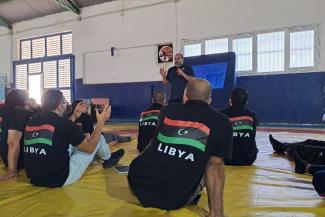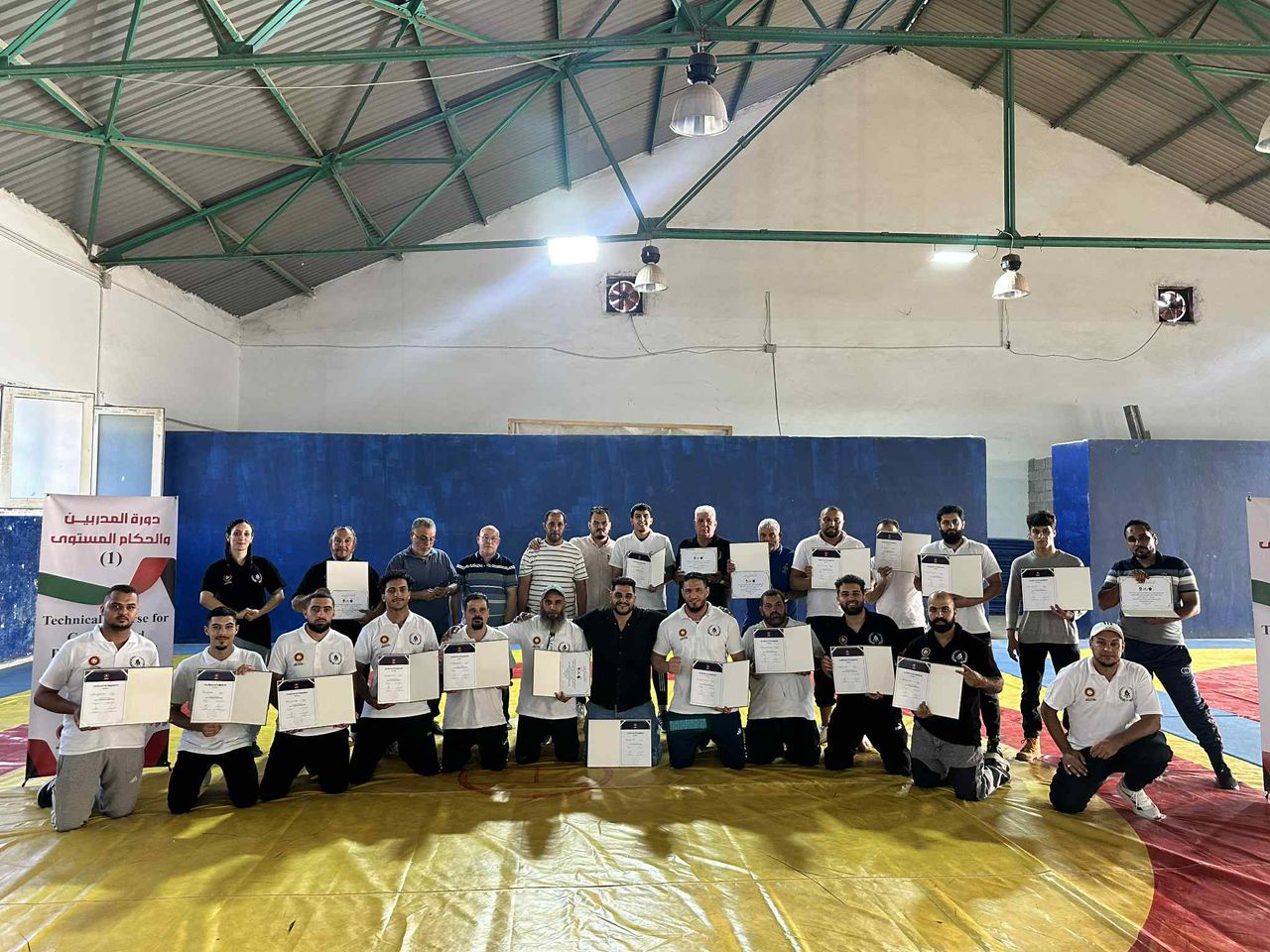Julfalakyan Elected Athletes’ Commission Chairman
Tuesday, October 19, 2021 - 12:03 By Eric Olanowski

CORSIER-SUR-VEVEY (October 19) -- United World Wrestling has announced that Arsen JULFALAKYAN (ARM) was elected Chairman of the Athletes’ Commission.
Julfalakayan was selected as the Commission’s Chairman by the six other Athletes’ Commission members -- Tamas LORINCZ, (HUN), Yui SUSAKI (JPN), Hassan YAZDANICHARATI (IRI), Maxwell LACEY GARITA, (CRC), Blessing OBORUDUDU (NGR) and Jessica LAVERS-MCBAIN (AUS) – who were voted into office by their fellow athletes through voting that took place at the ‘21 Senior World Wrestling Championships in Oslo, Norway.
“I wanted to express my gratitude to my peers in the Athletes' Commission for their trust and support during the elections. It’s a great honor for me to become the Chairman of the Commission,” said the London Olympic silver medalist.
Julfalakayan has served as an active member of the Athletes' Commission since ’17 but will now be a voting member of the United World Wrestling Bureau. He replaces ‘12 London Olympic champion and five-time world gold medalist Jordan BURROUGHS (USA), who has served in the role since September 2017.
In addition to sitting on the Bureau as the Athletes’ representative, Julfalakayan will also represent wrestlers/wrestling in the IOC Athletes Forum, WADA and in other organizations.
“I’ll make sure to use all my knowledge, experience and energy to bring the Commission to even a higher level. Of course, that will be possible only with tightest cooperation with all the members of Commission and UWW,”
Julfalakayan’s first responsibility as the Chairman of the Athletes’ Commission will come later this month in Belgrade, Serbia, at the UWW Bureau and Congress meeting.
The Athletes' Commission was established in 2013 with the role of protecting the rights and interests of all United World Wrestling Olympic style athletes. The Athletes' Commission members reach out and communicate with active athletes as peers to collect feedback.
United World Wrestling is the international governing body of wrestling and is headquartered in Corsier--Sur-¬Vevey, Switzerland. To learn more about United World Wrestling and the activities of its 179 national federations, please visit: www.uww.org, Instagram, Facebook or Twitter.



Share your thoughts.
Comments